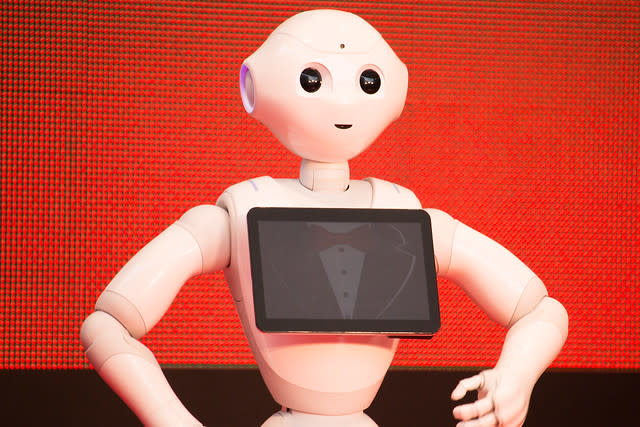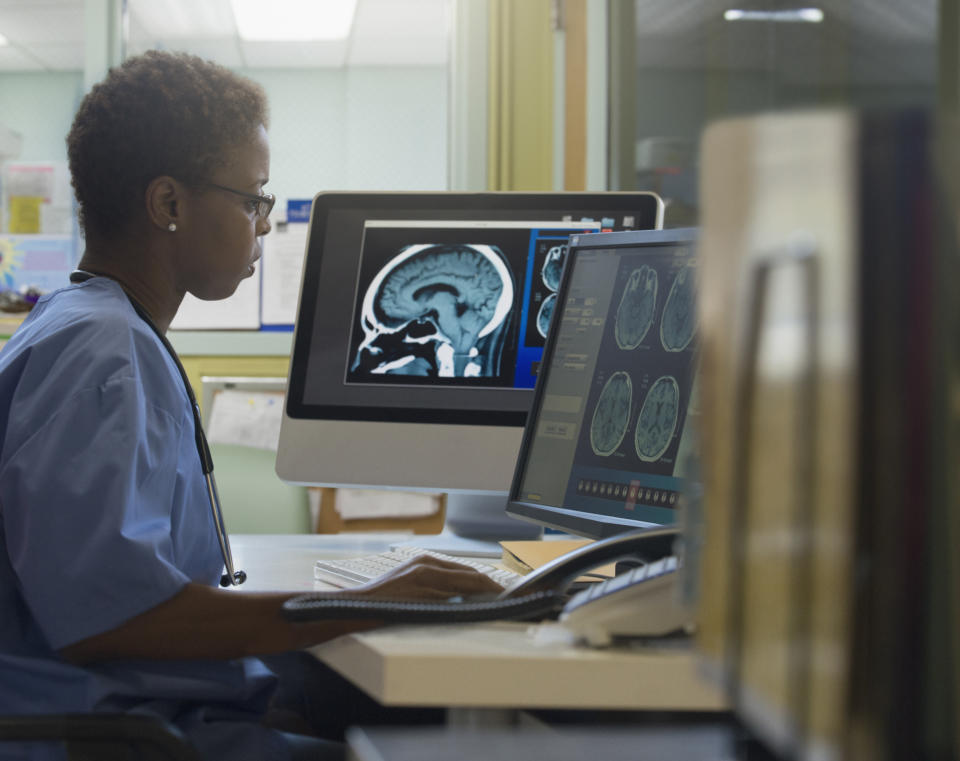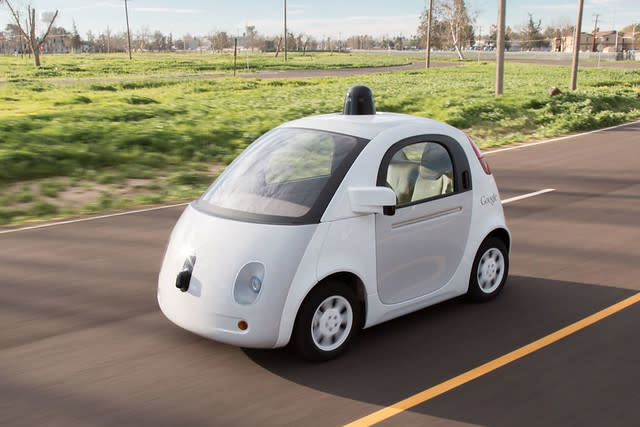The cutting-edge disruptive technologies shaping our future

Sitting watching movies on the train, on a device you could fit in your pocket, would have been unthinkable just a generation ago. As for shopping, banking, and video chatting from a smartphone...well that was the stuff of sci-fi fantasy. And yet here we are. The advent of the internet and the ubiquity of digital mobile devices has supercharged technological progress. Investment in tech-start-ups shows no signs of slowing.
So what will the result be? What are the technologies currently under development that will shape the future? Here’s what we can expect…

Banking
New technology has already given the staid world of finance a shot in the arm. A generation of fintech (financial technology) companies emerged to disrupt everything from online banking to small business lending. These businesses use AI and machine learning to create better user experiences, tailored more precisely to the needs of individual customers.
While most fintechs today are focused on doing what banks do better, blockchain has the potential to fundamentally disrupt the sector. Blockchain is best known as the technology powering virtual currencies like Bitcoin, but it has the potential to do much more. Put simply, blockchain lets you transfer assets in a transparent, secure way, without the need for middlemen – like banks. No middlemen, no fees. Experts suggest that in the not-too-distant future banks could lose control of many types of financial transaction to blockchain-based alternatives. How the banks respond to this threat may define the future of banking.

Online security
The figures from cybersecurity firm Avast are alarming. Between 300,000 and 500,000 PC viruses emerge every week. At the same time, the risk to individuals and businesses is evolving as technology advances. As the Internet of Things (IoT) connects increasing numbers of real world objects, the threat shifts to areas like autonomous vehicles, wearable devices and even medical equipment.
Then there is Artificial Intelligence (AI). More data breaches in the near future will be caused by AI-powered malware that sits undetected on a company’s network, quietly gathering information about the organisation’s systems and the behaviours of its users. The result will be highly targeted attacks that exploit specific vulnerabilities in a company’s network, rather than generic weaknesses.
Security experts are already working on new defences for these threats, locked in an eternal arms race with cybercriminals. For now, companies might be wise to consider cyber insurance. Research by specialist small business insurer Hiscox found that nearly two thirds of cyber experts have taken out insurance, compared to less than a third of novices. It seems the experts in cybersecurity know that it’s never infallible, making resilience and the ability to quickly recover from attacks all the more important.

Healthcare
With the NHS creaking under the strain of an ageing population and more expensive medicines, patients are turning to online virtual consultations. This trend is only likely to increase, with patients empowered to share their sensitive medical information with online services through private, secure blockchain technology.
Other advances are more futuristic. Companion robots are being developed that help combat loneliness (a growing threat to health), as well as setting up chats with medical professionals and reminding people to take medications. IoT-enabled blood pressure, heart rate and glucose monitors are turning smartphones into bona fide diagnostic devices, saving unnecessary trips to the doctor.
But AI might be the biggest game-changer for healthcare. AI is already being used to diagnose some cancers earlier and with more accuracy than human doctors. It can also mine huge amounts of data to better predict treatment outcomes and help doctors choose courses of treatment tailored to the needs of specific patients.

Personal transport
Discussions on the future of travel tend to focus on self-driving cars. They may still be some way off, but IoT technology is already starting to fundamentally change the way we get around.
For example, IoT sensors mounted on traffic lights or CCTV stations, combined with big data, can divert traffic away from heavily congested areas while figuring out alternate routes to the same destination. At the same time, it can automatically reset traffic signals to prioritise flow on more congested roads. Smart parking sensors can direct cars to empty spaces, and in future could be used to prioritise vehicles coming from long distances over those making shorter journeys better taken on public transport.
Autonomous vehicles will also reduce accidents, by communicating with each other to reduce the chances of collisions and warn each other of upcoming dangers.
None of this will solve the problem of congestion in big cities. But Autonomous Mobility-on-Demand (A-MoD) schemes might. Like futuristic bike-sharing, A-MoD schemes would operate fleets of electric bicycles, scooters, and other lightweight electric vehicles that could be ordered via an app, and would drive themselves to each user in turn.
Basic security measures can help reduce the chances of your business falling victim to cybercrime, but they can’t take it away completely. Hackers are always looking for new vulnerabilities. That’s why a growing number of small businesses are investing in cyber insurance, so they are covered if the worst happens. Hiscox CyberClear cyber insurance has recently been rated the most comprehensive cyber insurance policy for small businesses. Find out more about Hiscox Insurance for small businesses.
